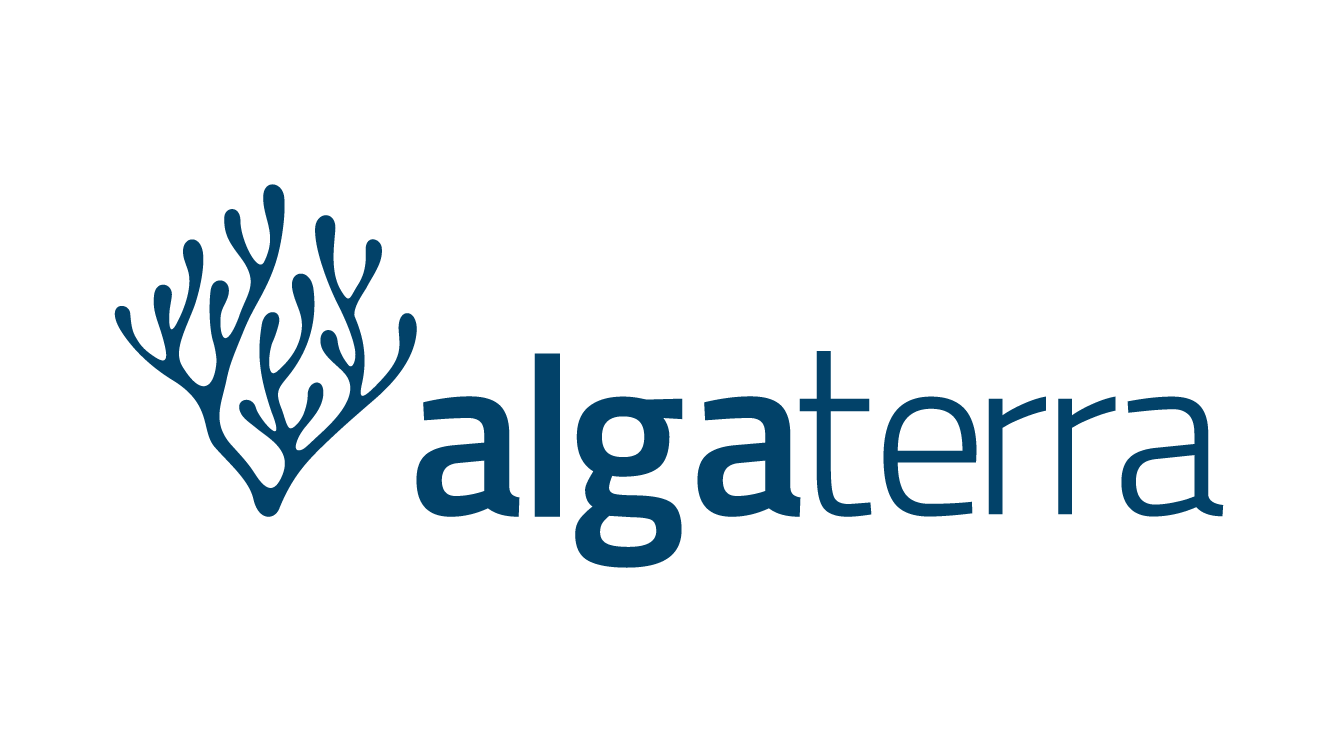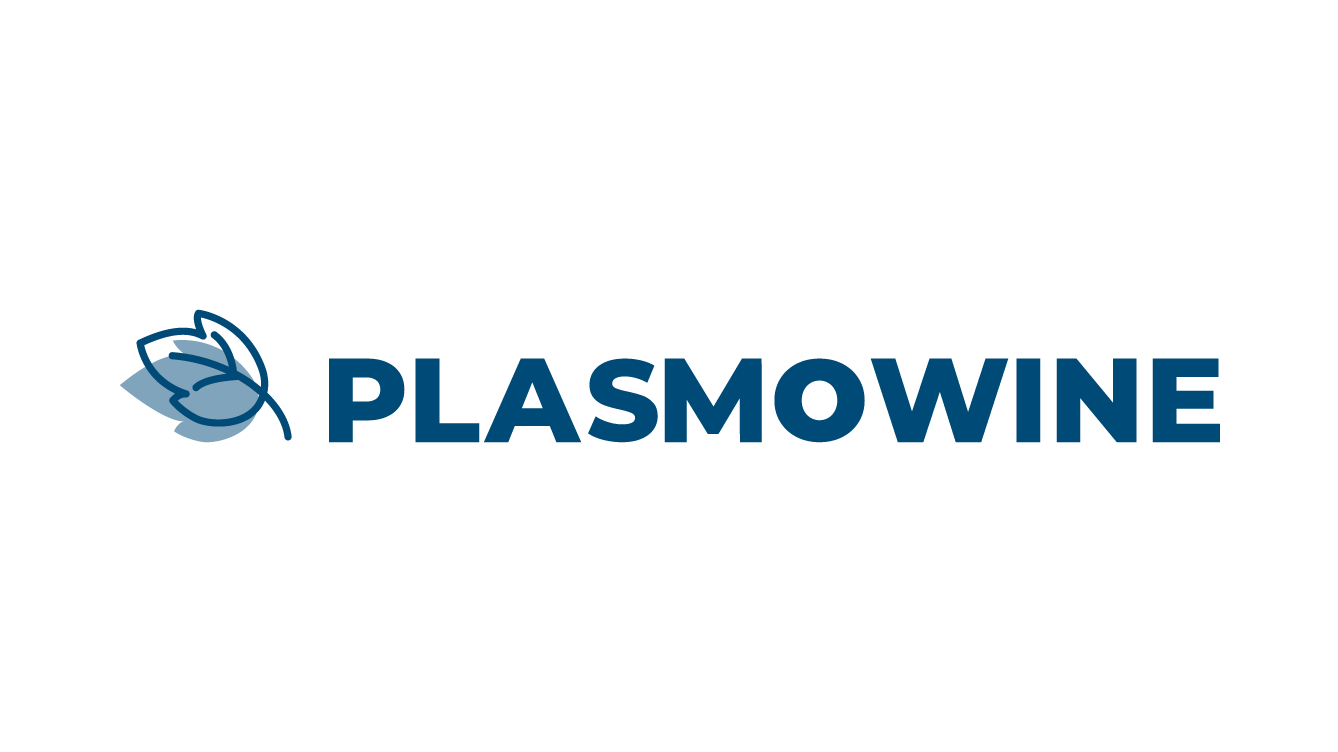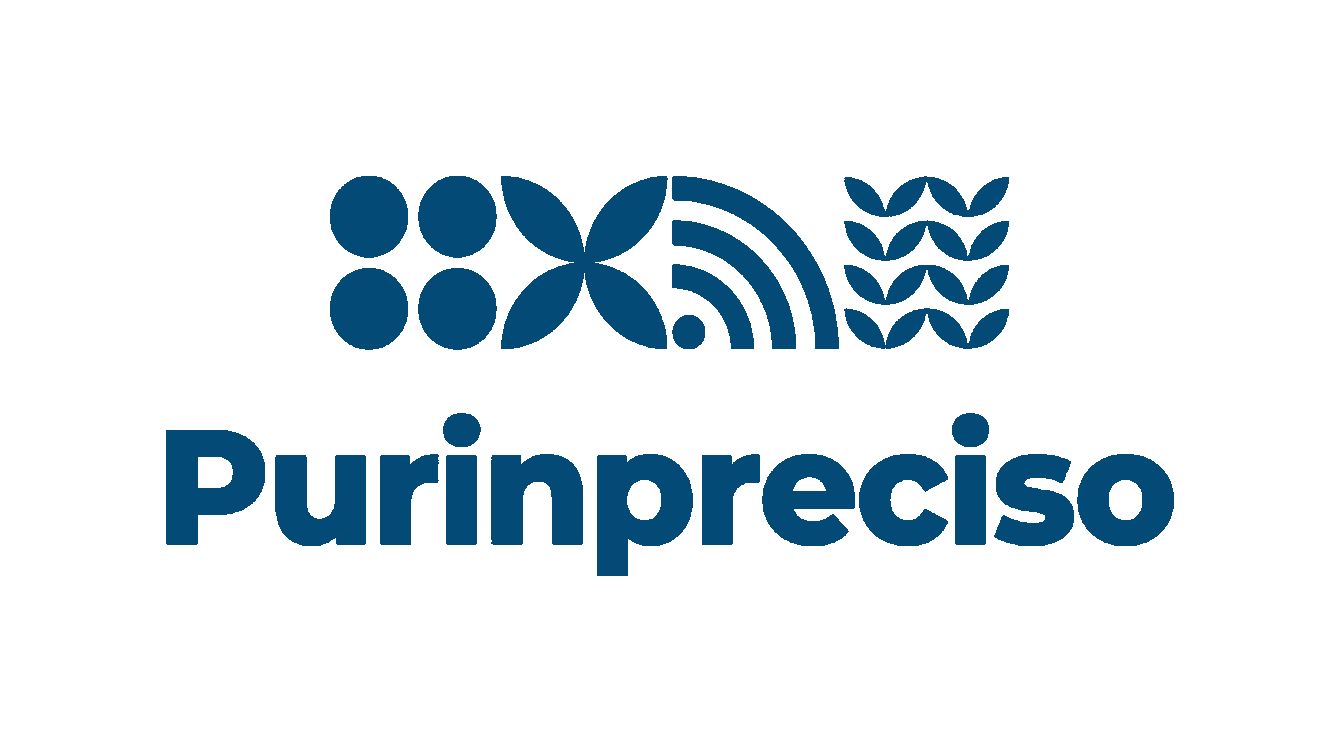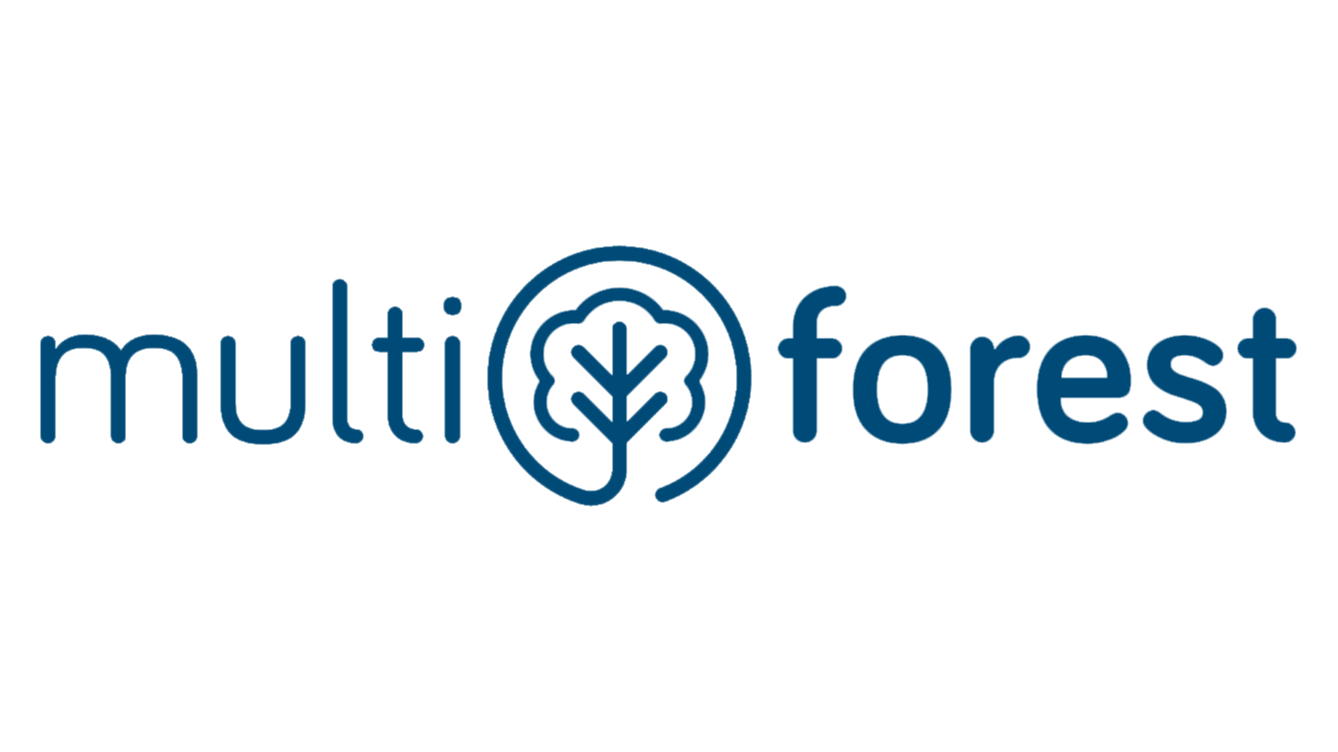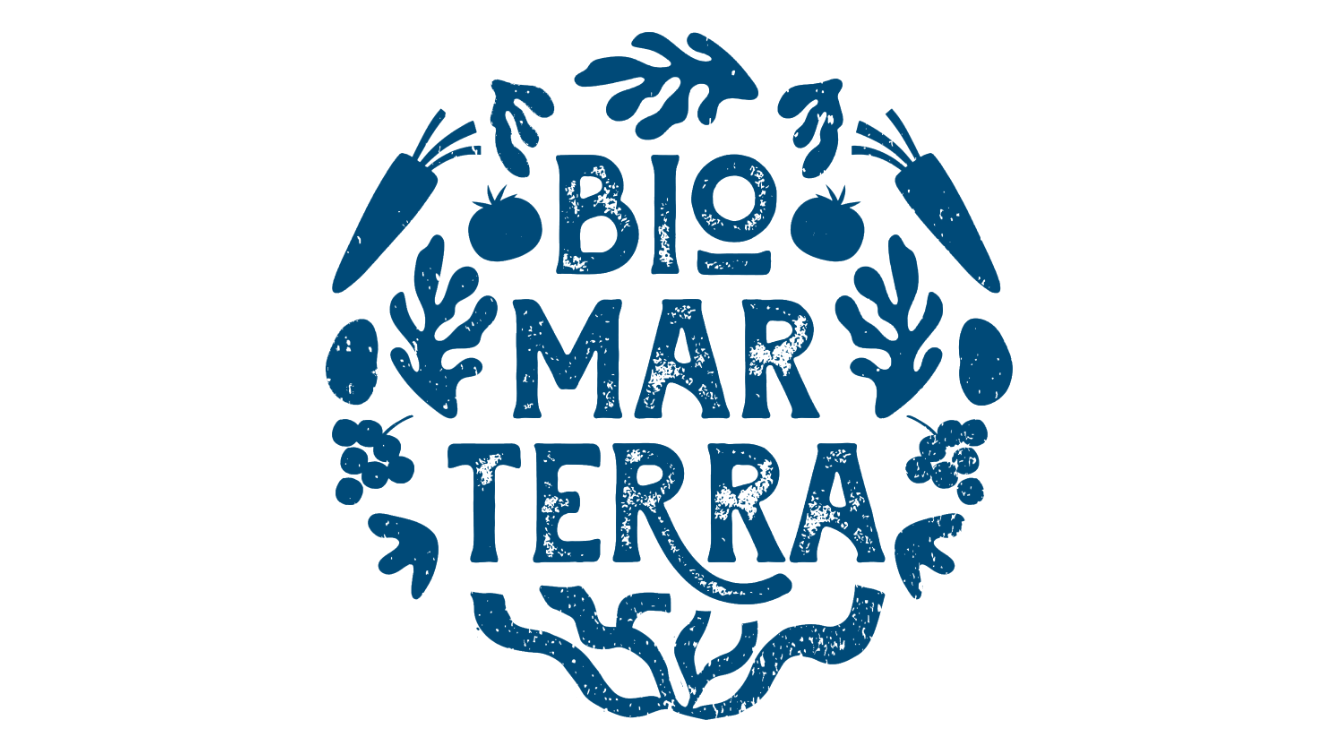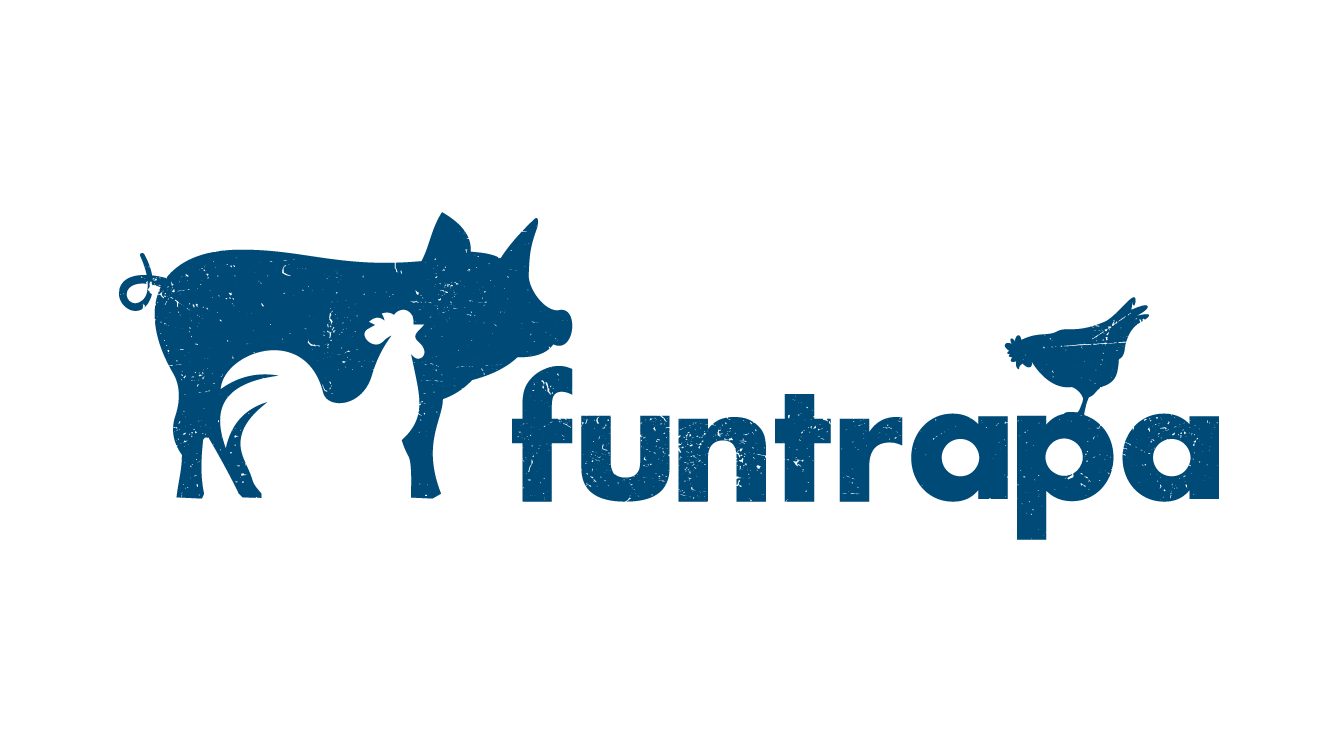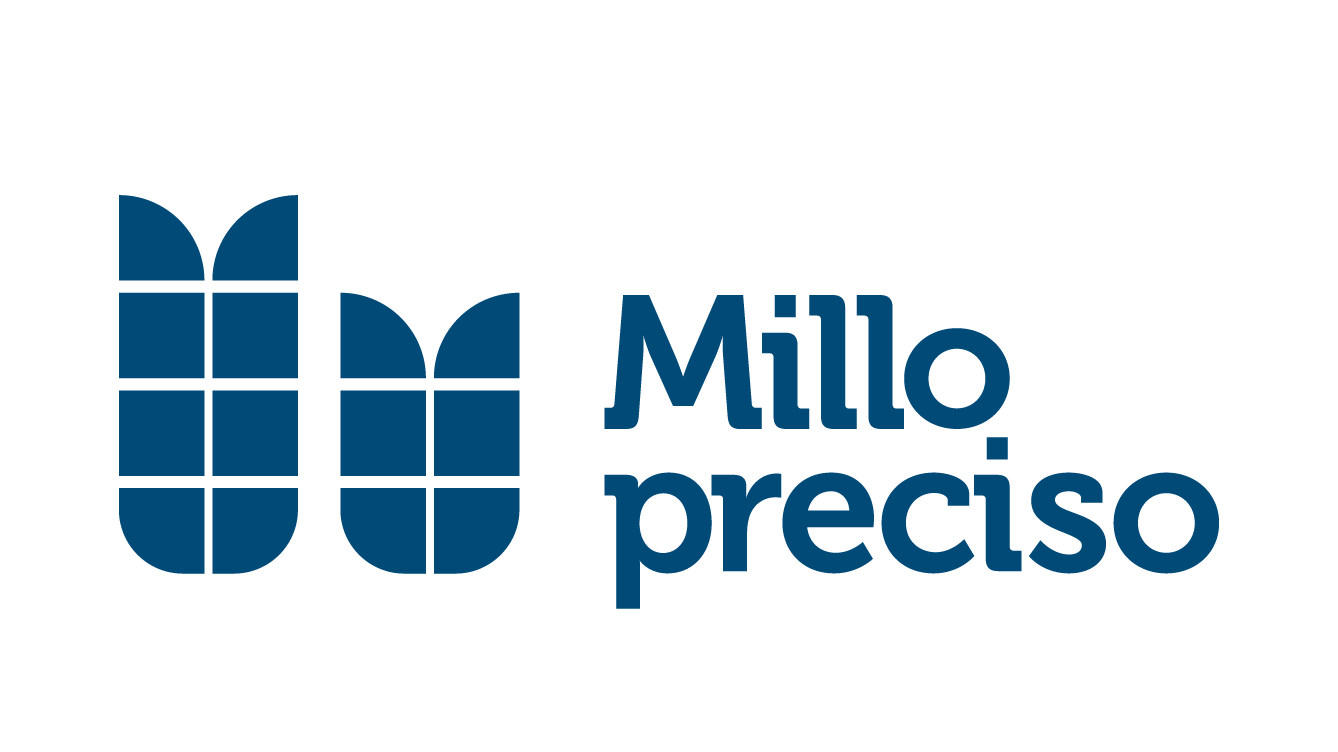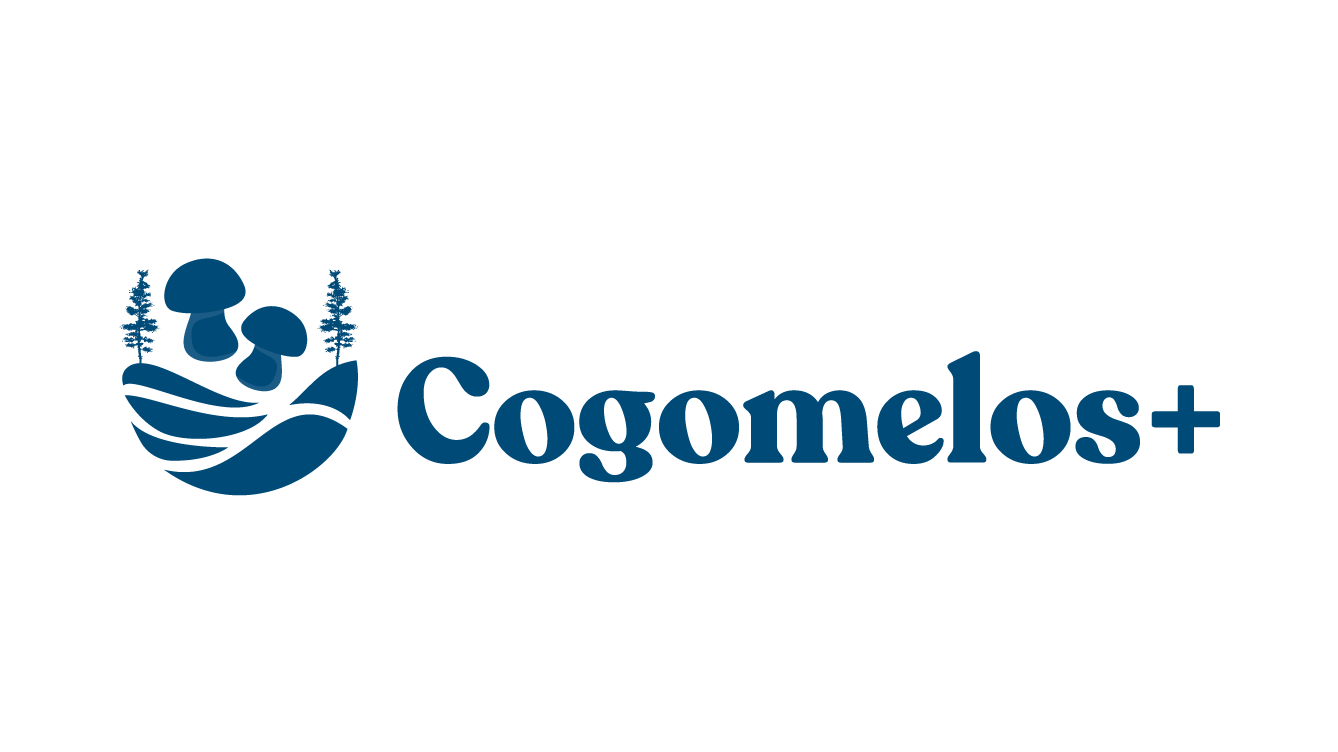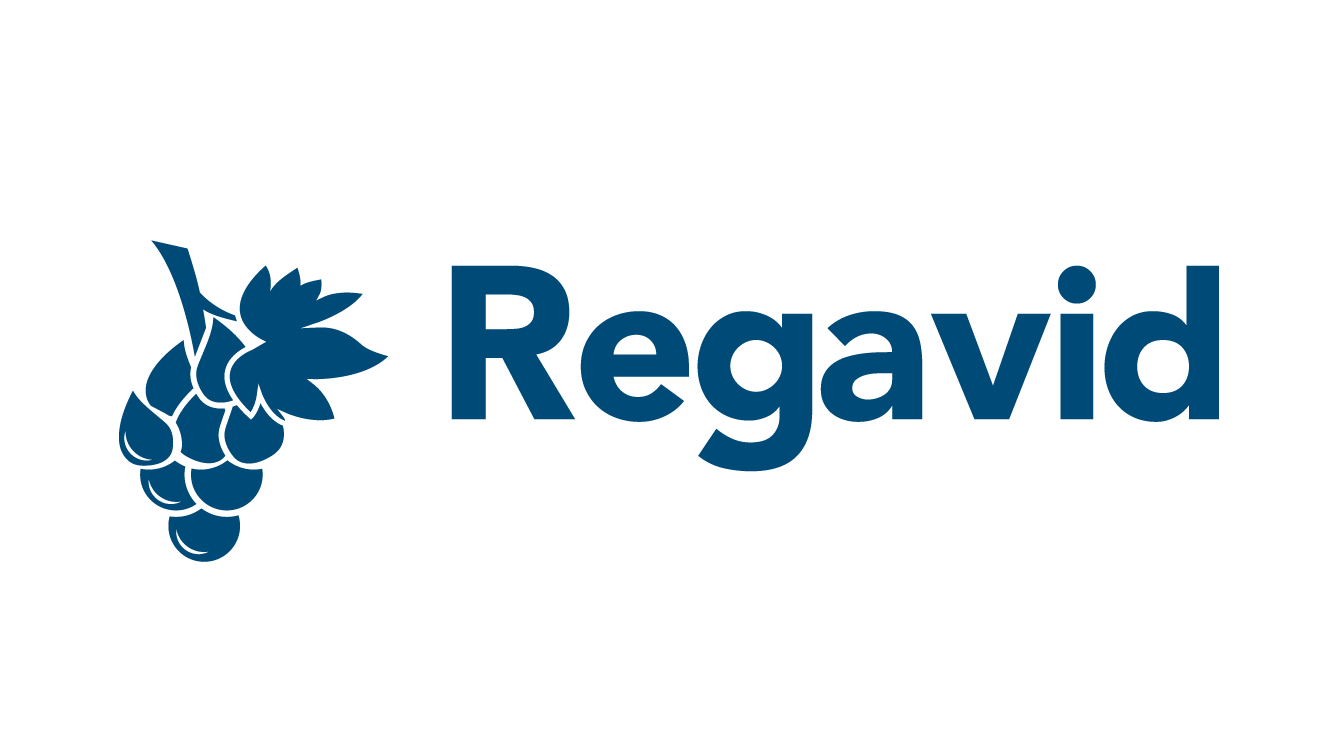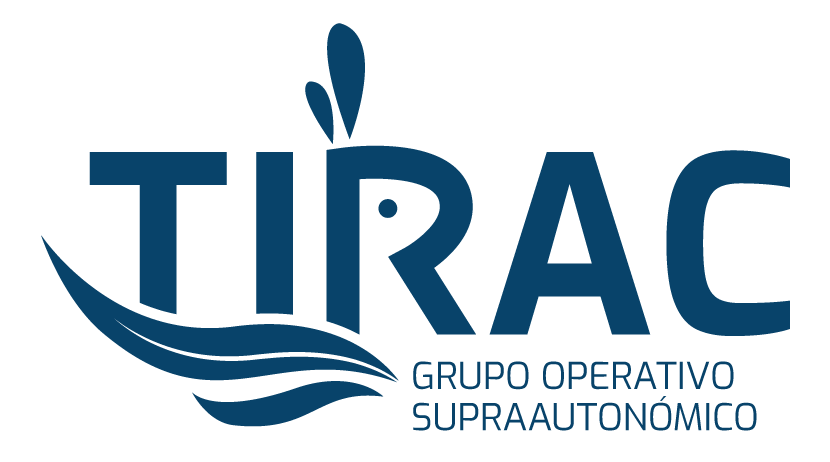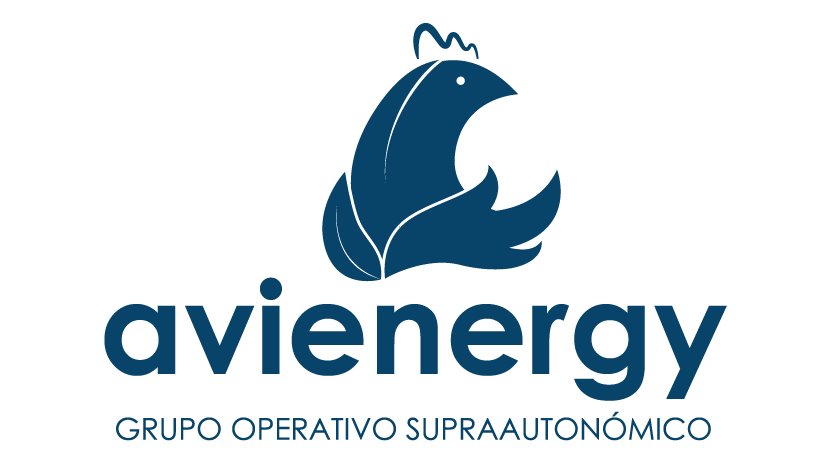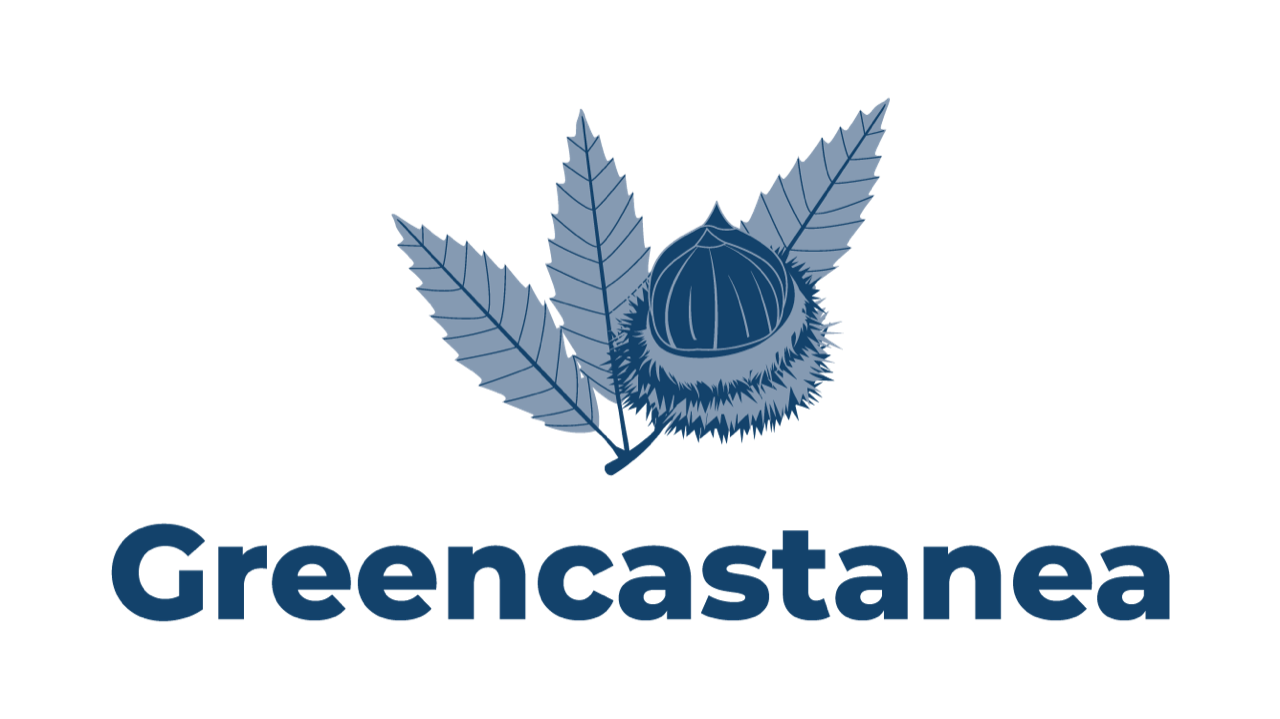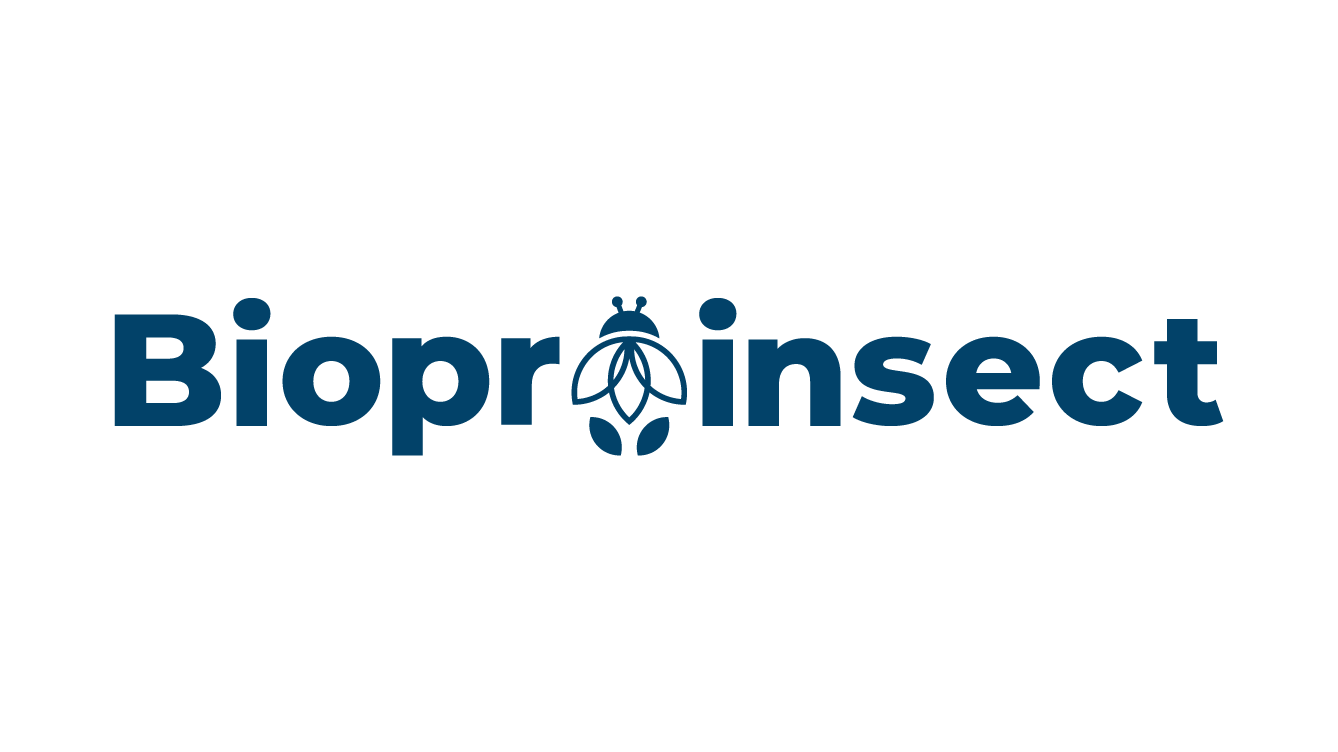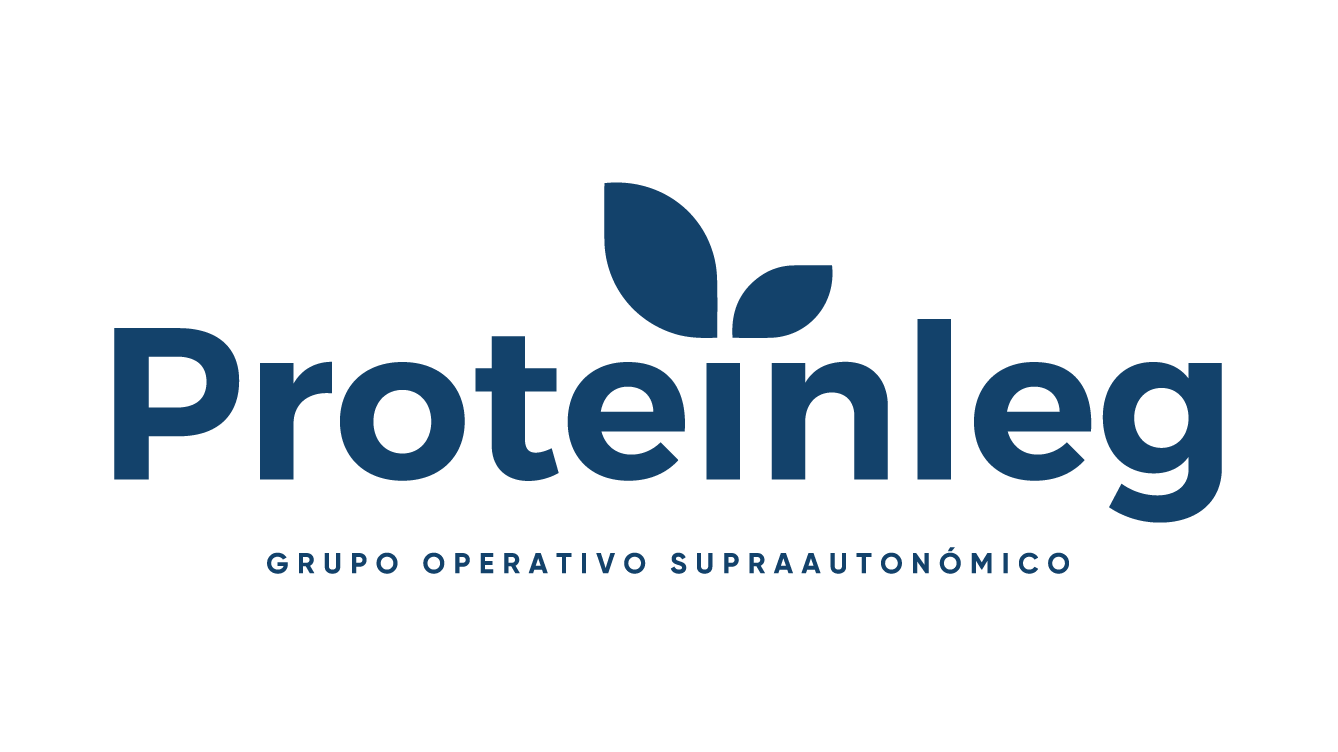
The objective of this project is to develop new agricultural inputs with seaweed discards produced in the food industry, and test their effectiveness to be used both in organic farming, as well as in reconversion and also for sustainable conventional agriculture. For this, both well-known and simple techniques will be used -dehydration and grinding-, as well as other more sophisticated ones such as the elaboration of natural extracts, with the aim of improving the conditions of organically grown orchard, potato and vine crops.
Seaweed is a very abundant and diverse natural resource in Galicia. During the recent years, the food industry discovered a resource for the gastronomy and food sector that until then was only valued in the oriental culinary culture. The growth of this food industry leads to the generation of high-value discards that can be used to make new products.
At the same time, the organic production system has significantly increased its area in recent years, and Spain leads the ranking of EU countries with the most area devoted to organic farming. This sector demands new inputs that contribute to improving the development of crop plants and the characteristics of the soil, and seaweed is a quality ecological resource that has benefits: as a fertilizer, to improve the physical properties of the soil and as a biostimulant.
ALGATERRA will respond to the demand of farmers in organic farming systems and will make the activity around the Galician seaweed industry more environmentally, socially and economically sustainable, within the framework of a green and circular economy.
Through this project, new agricultural inputs will be developed in different versions: fertilizers and amendments, as a component or additive in substrates and as a biostimulant, and an agronomic evaluation of the products developed will be carried out in order to know their effects on the health of the soil and of the crop, as well as in the yield and quality of potatoes, vineyards and horticultural crops.
Furthermore, some use guides will be drawn up that allow to obtain its maximum potential in any of the proposed cultivation systems:
– Dehydrated fertilizer in potato and vine.
– Dehydrated fertilizer in a lettuce-tomato rotation.
– Substrate component for the cultivation of horticultural species in the seedbed phase.
– Biostimulant by foliar application on the vine and in the orchard via foliar application.
This project is funded by the call for aid to support pilot projects, development of new products, practices, processes and technologies in the agroforestry field, co-financed with the European Agricultural Fund for Rural Development (EAFRD), within the framework of the rural development (PDR) of Galicia 2014-2020. The Ministry of Rural Environment (Consellería do Medio Rural) is the body of the Galician Administration that is responsible for proposing and executing the general guidelines in the rural area and encompasses the powers in agriculture, livestock, rural development and regional planning, rural structures, agri-food industries and forestry, mountains and prevention and defense of forest fires.

FUNDING
€146,371.52 - EU co-financing: 75% EAFRD
BUDGET
€182,964.40
PARTNERS
Beneficiary entity:
PORTO-MUIÑOS, S.L.
Cooperating Agents:
- Galician Company-University Foundation (FEUGA)
- University of Santiago De Compostela (USC), through the Waste Management and Fertilization Unit of the Agronomy group.
- Biological Mission of Galicia-CSIC, through the VIOR research group
- Adegas Terras De Asorei S.L.
- Ecological River
- Horta Da Lousa S.C.
LINK
